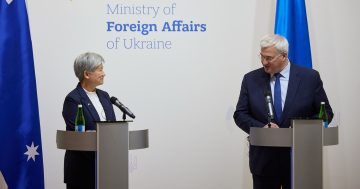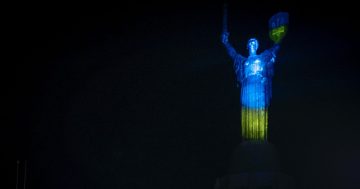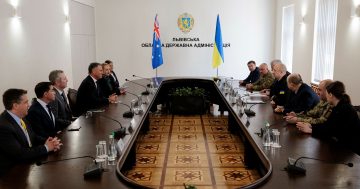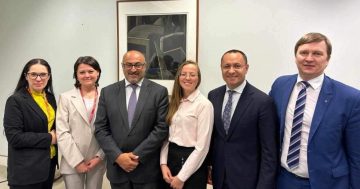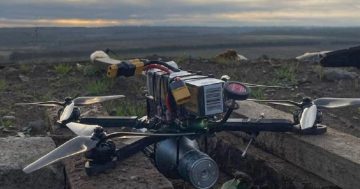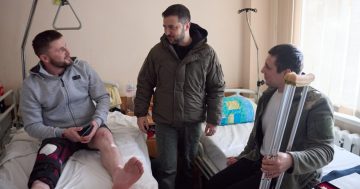 Ukraine’s State Postal Service, Ukrposhta is defying firefights and artillery duels to bring parcels, food products, and bags of cash to the front line in the country’s south.
Ukraine’s State Postal Service, Ukrposhta is defying firefights and artillery duels to bring parcels, food products, and bags of cash to the front line in the country’s south.
The unassuming yellow and white vans drive down the isolated and exposed roads just behind the nation’s troops in their counter-offensive towards the city of Kherson
Oleksandr Adamtchuk, a 52-year-old Ukrposhta driver, admits he is scared every day “but what can you do? Just cross yourself and pray”.
Ukrposhta has become one of the most striking illustrations of Ukraine’s transformation to a wartime society.
It has processed some 502 metric tons of parcels sent from Ukraine to Poland in the first half of 2022 alone — up from just 34 metric tons total in all of 2021.
Beginning in the northern spring, Ukrposhta’s decision to print stamps celebrating Ukraine’s resistance against Russian troops proved to be a morale-boosting public relations hit.
Thousands of people lined up to buy stamps featuring a Ukrainian soldier giving a Russian warship the middle finger and a Ukrainian tractor towing a destroyed Russian tank.
In the front-line villages of southern Ukraine the brigades of women manning Post Offices and the drivers who keep them stocked have played a more subdued, but no less crucial role in Ukraine’s war effort.
These workers help maintain a connection to villages in Ukrainian-held areas isolated by their proximity to fighting and regular shelling.
Head Postmistress in in Novyi Buh, Valentina Matkivska said Ukrposhta was the only State company that operated there and in other villages “and people wait for us”.
Well before the war, Ukrposhta had already expanded beyond parcel delivery, turning its network of rural post offices into small community hubs where locals could buy canned goods, sunflower oil, and cookies and sweets at subsidised prices; pay utility bills; and, crucially, receive their monthly pension payments.
Now, as the war grinds on, Ukrposhta vans’ regular rounds have helped uphold a now-fragile sense of normalcy for villagers who have suddenly found themselves living in a war zone.
Kyiv, 2 October 2022



